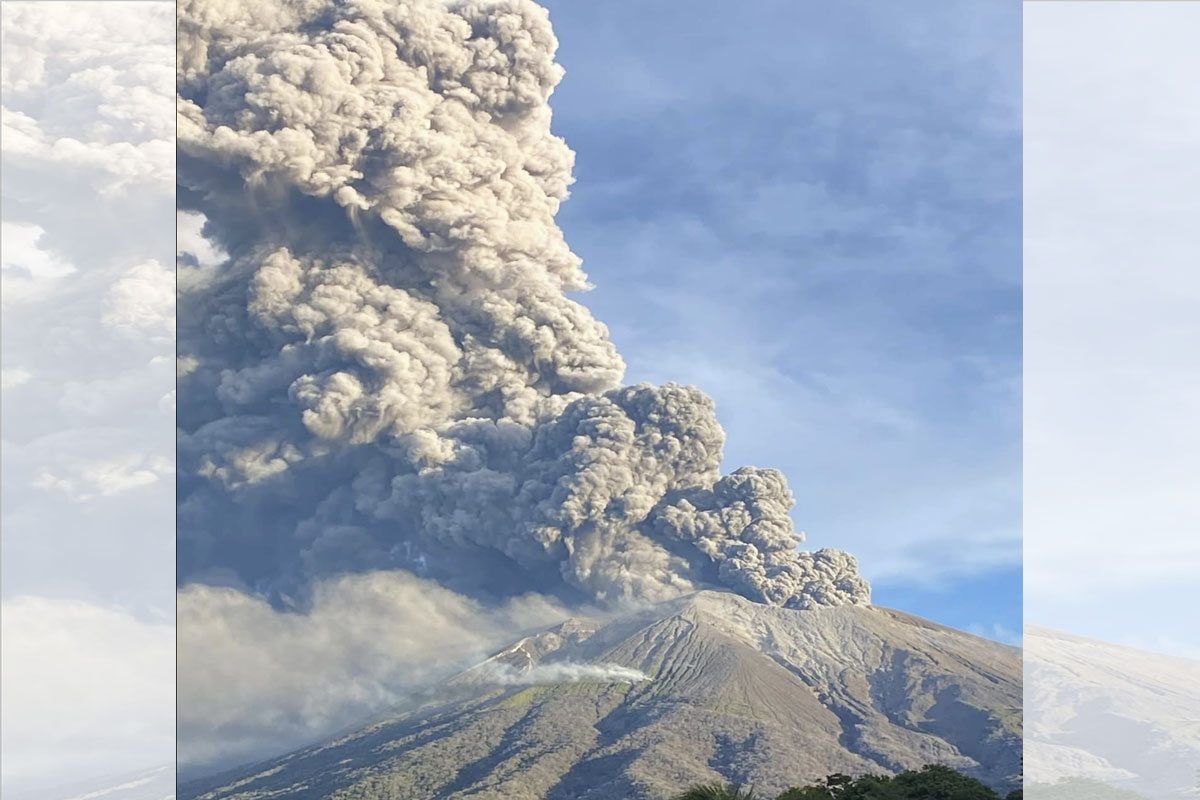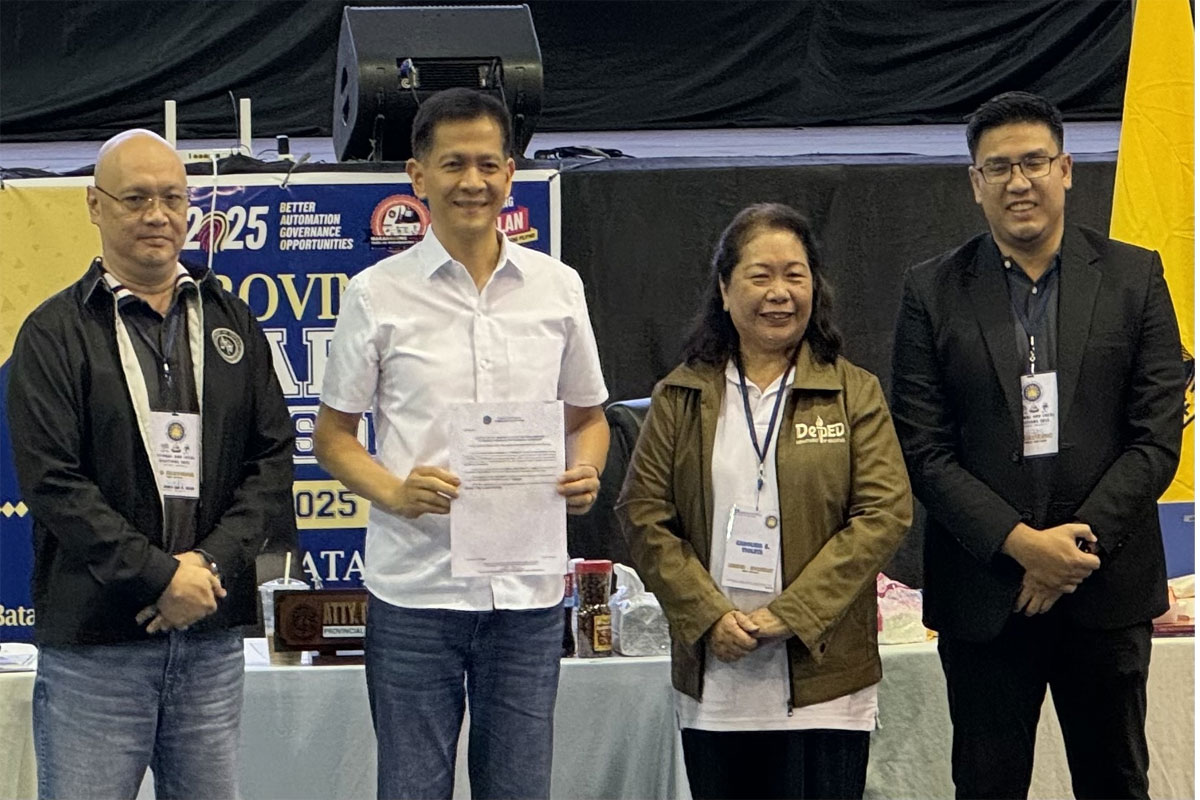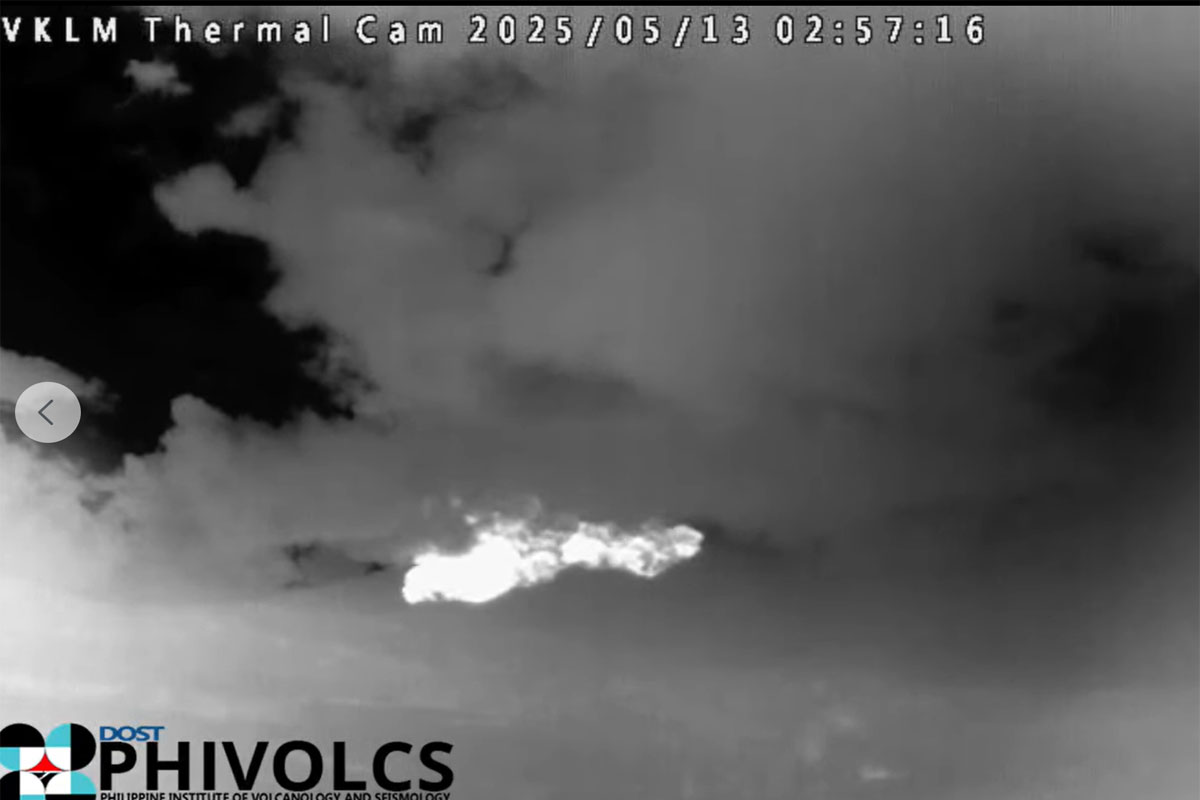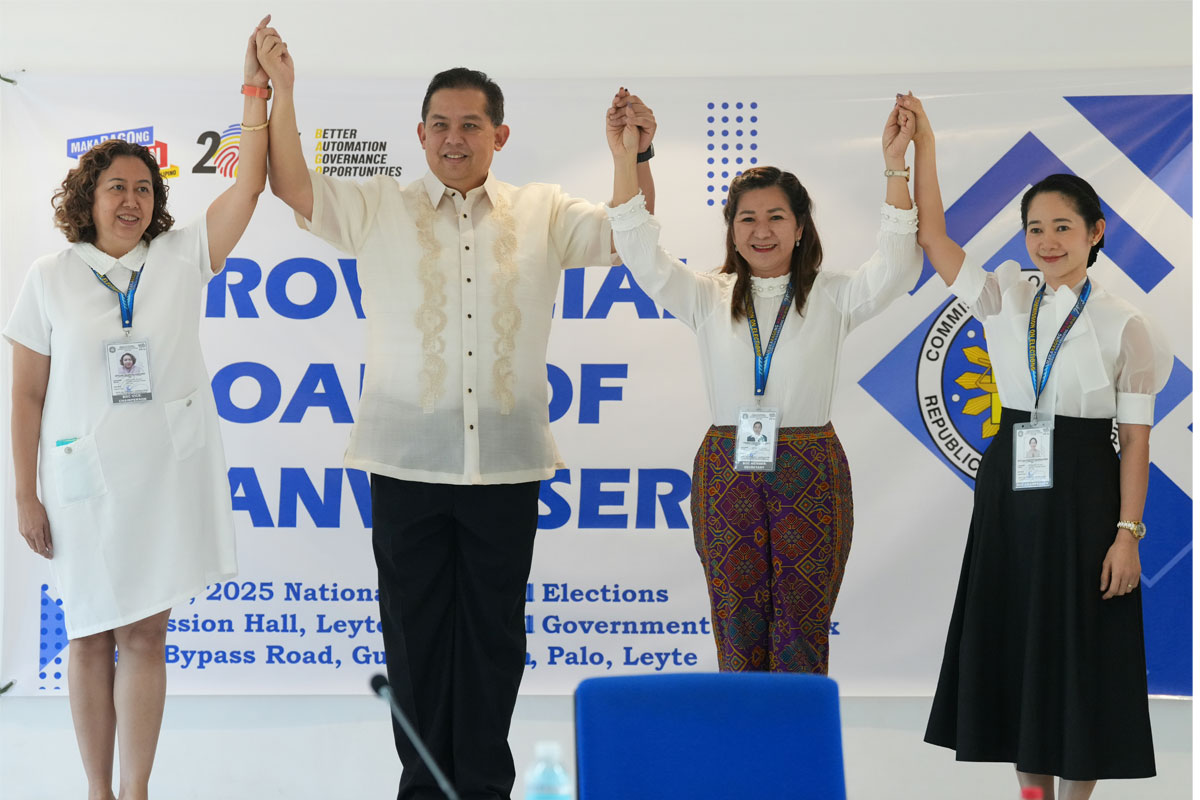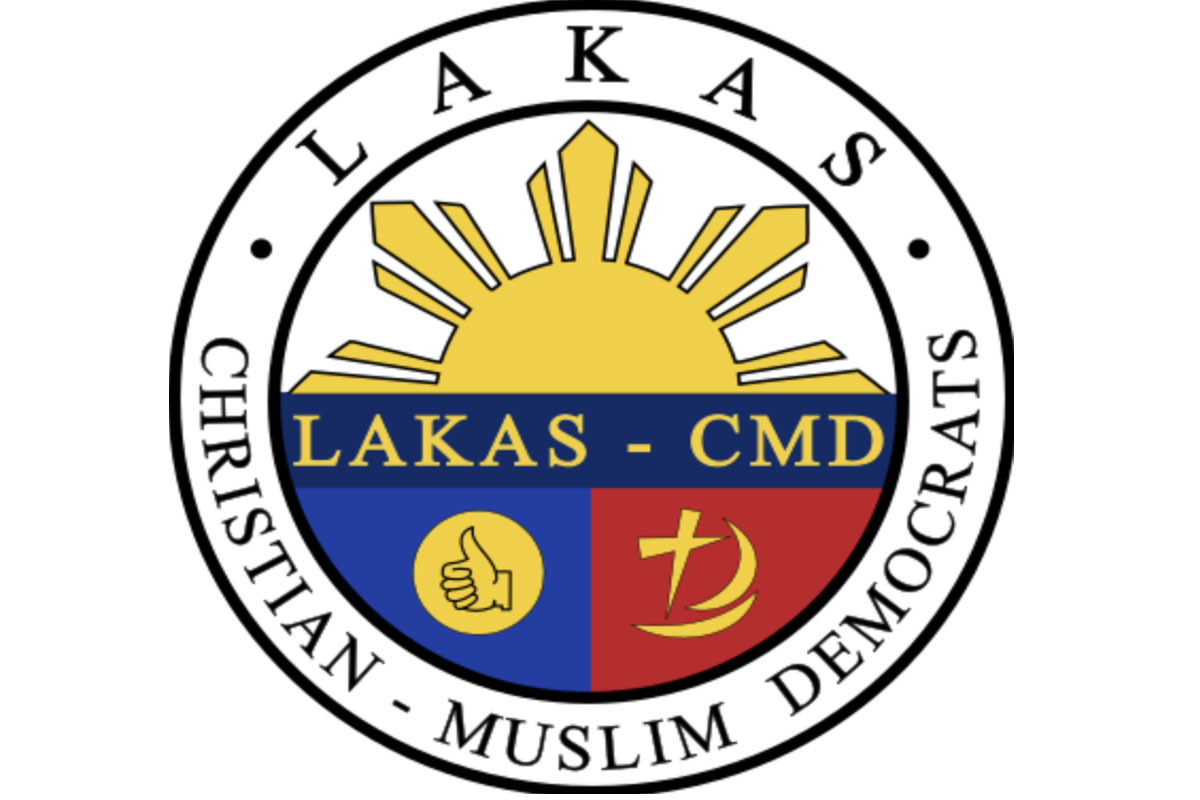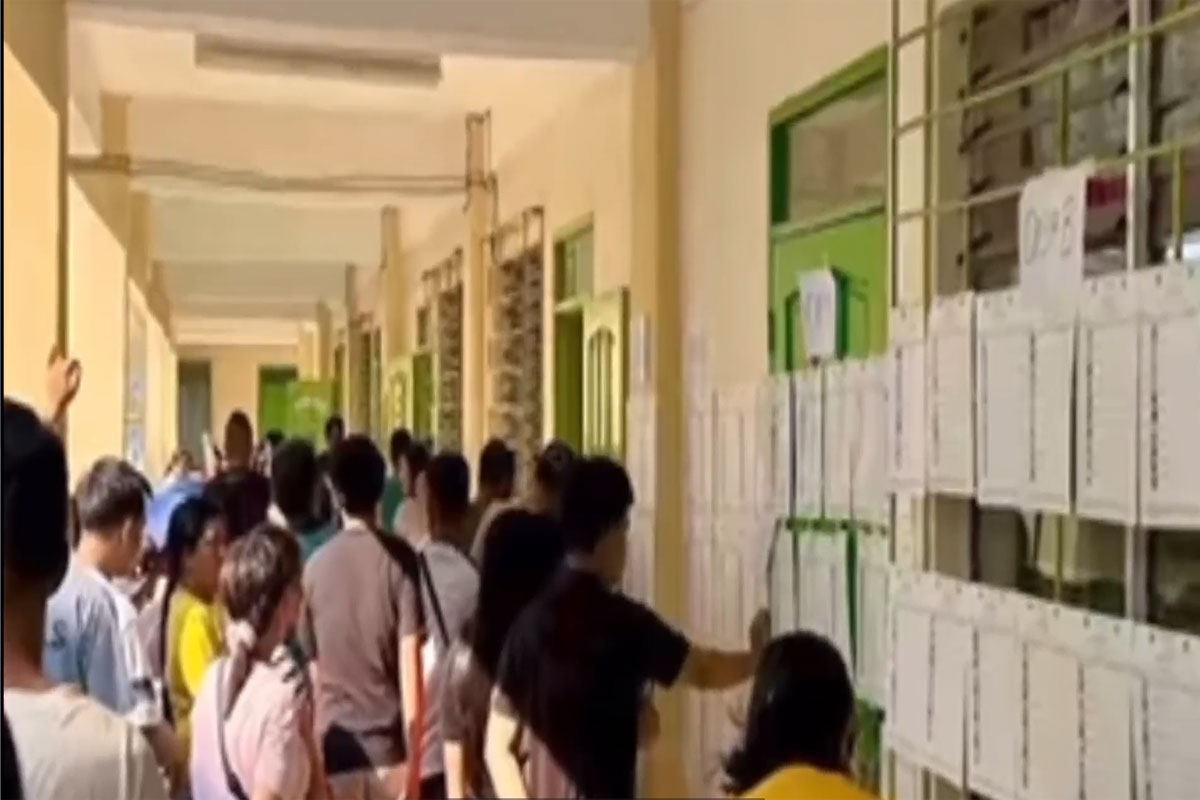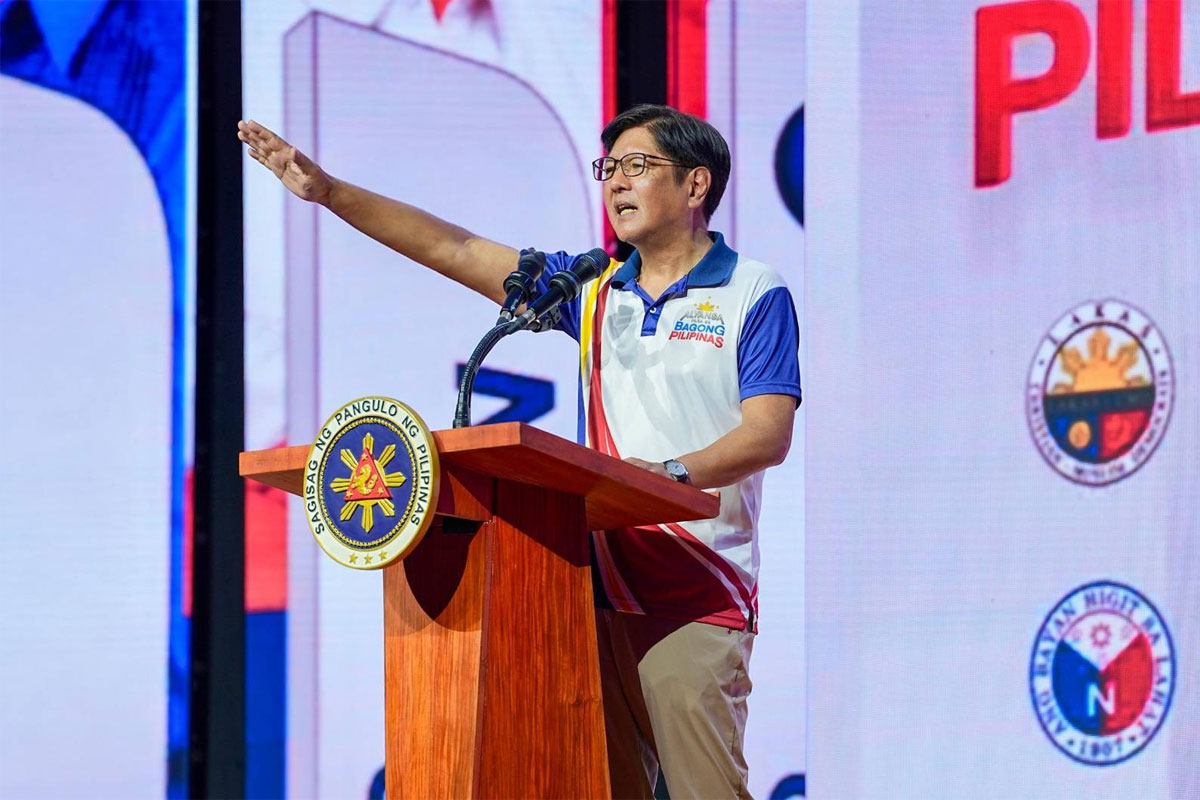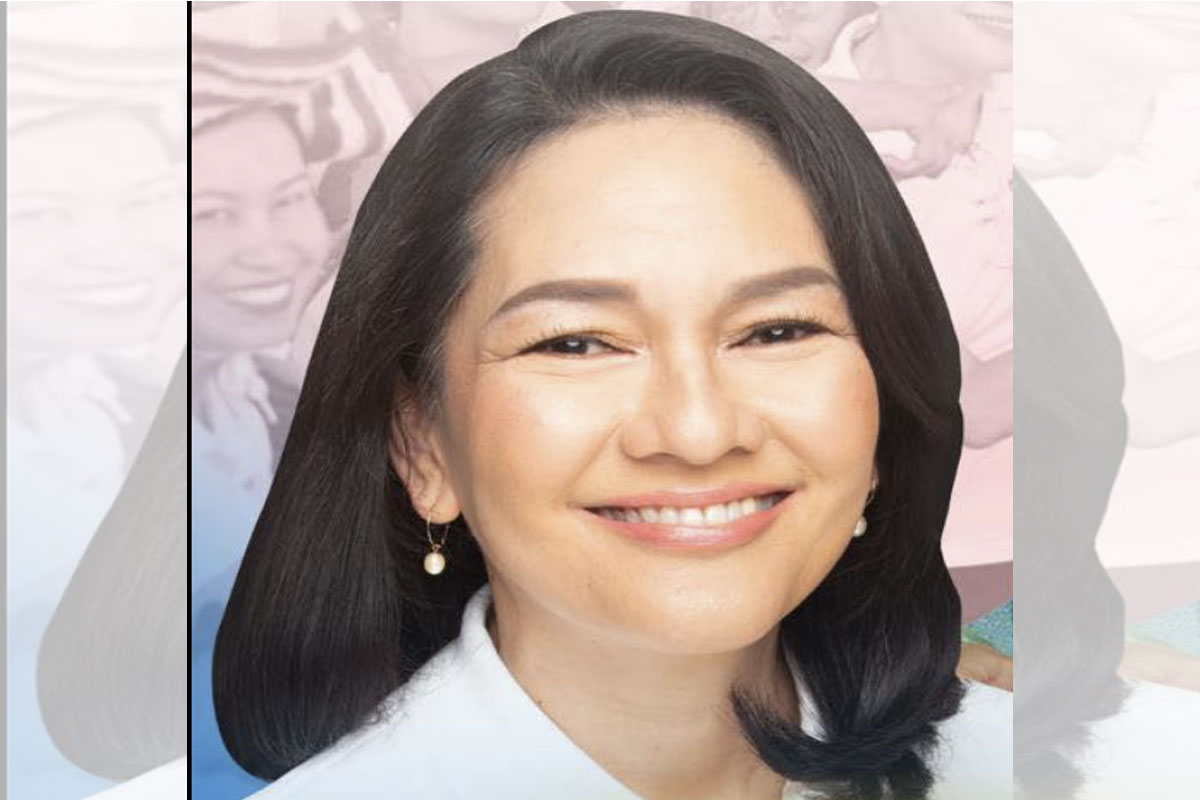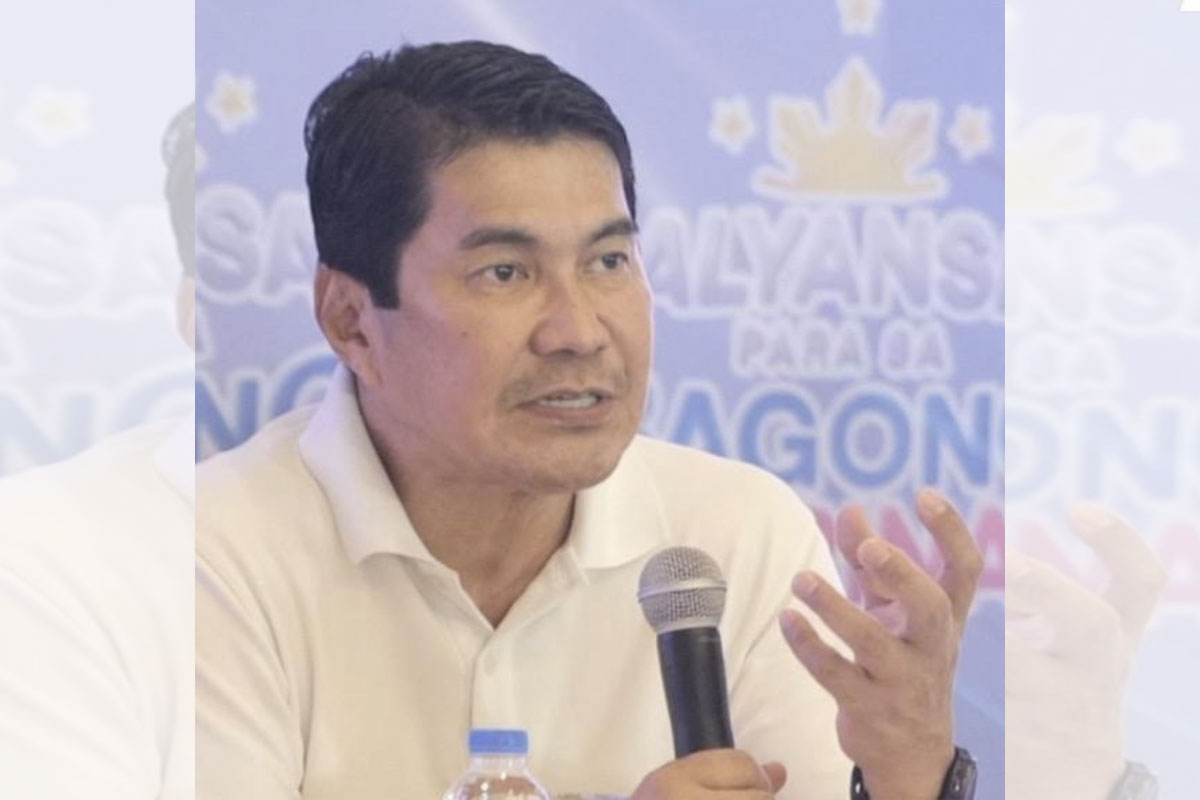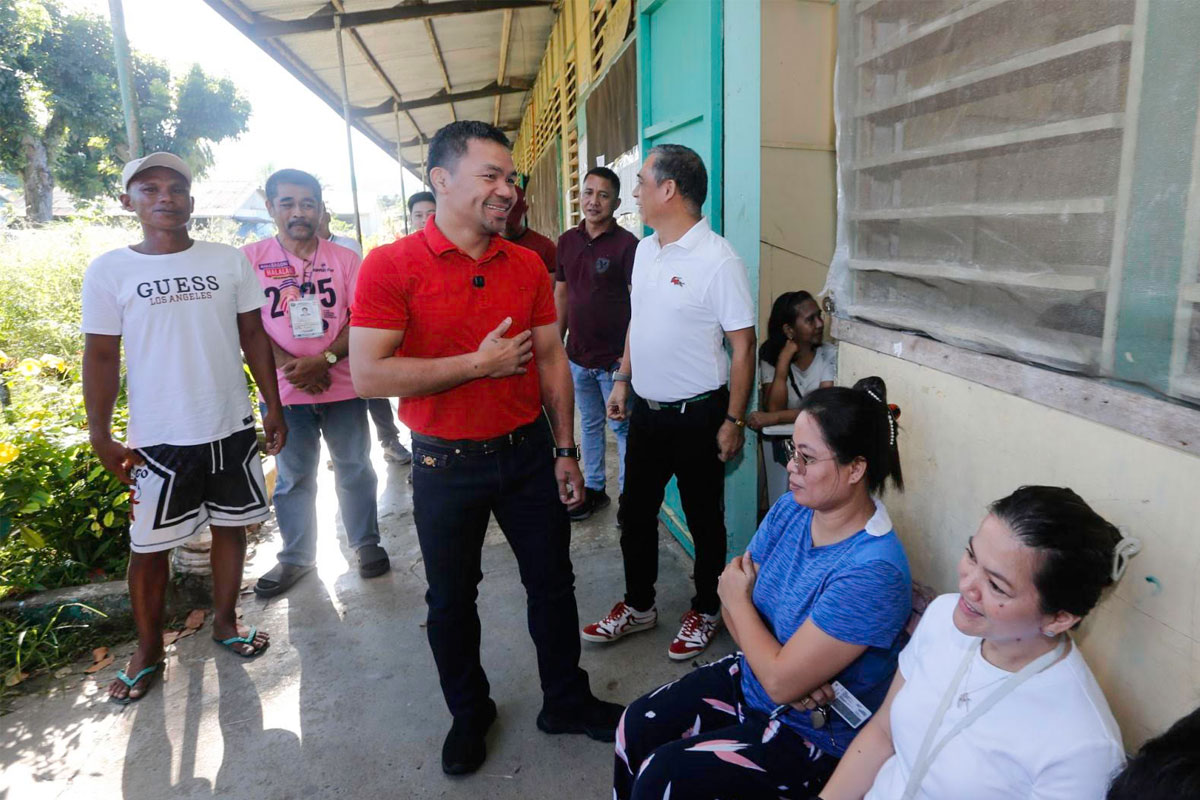Calendar
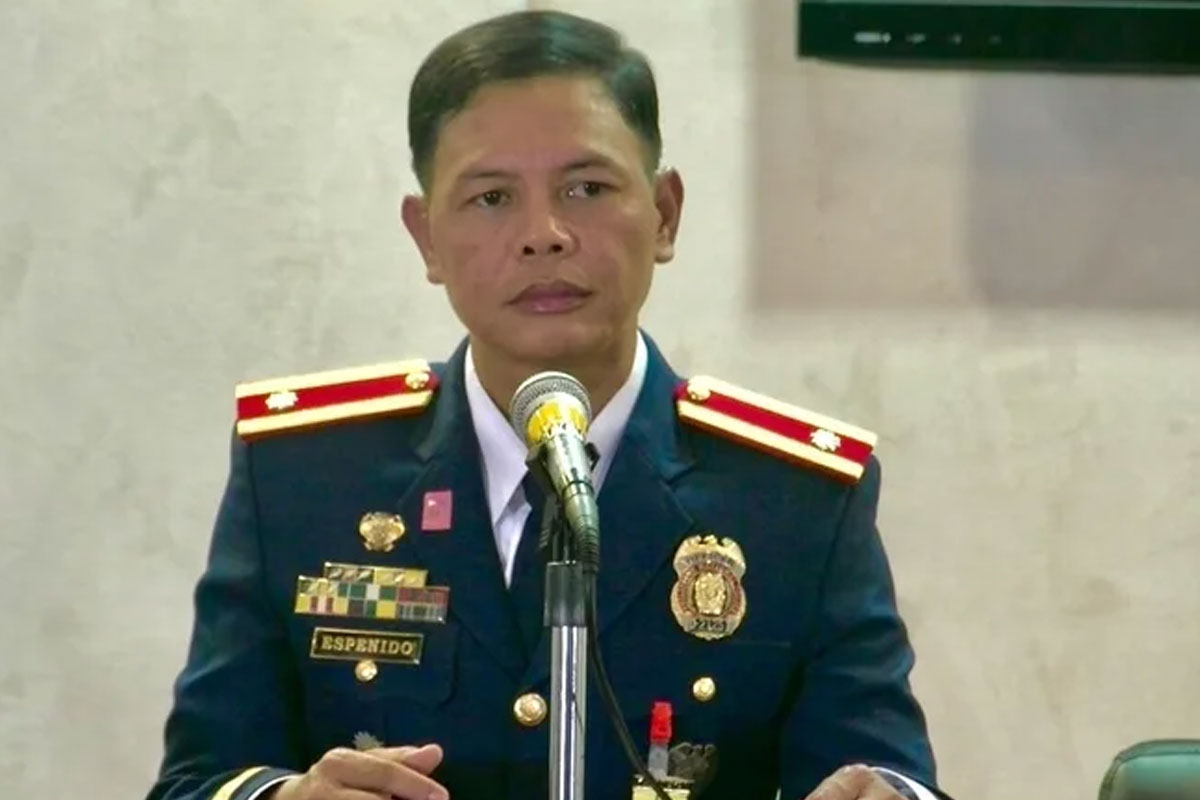
Reward sa mga napapatay sa drug war ni Duterte mula kay Bong Go
ISANG aktibong opisyal ng Philippine National Police (PNP) ang nagkumpirma na mayroong quota at reward system sa pagpapatupad ng madugong war on drugs ng administrasyong Duterte.
Sinabi rin ni Colonel Jovie Espenido na ang pera na ibinibigay na reward sa mga pulis para sa kanilang mga napapatay ay nanggagaling umano sa intelligence funds at sa mga Philippine offshore gaming operator (POGO) na idinaraan mula kay Sen. Bong Go.
Si Espenido ay humarap sa pagdinig ng quad committee ng Kamara de Representantes. Dito niya isinumite ang isang sinumpaang salaysay kung saan kanyang ikinuwento ang kanyang mga karanasan bilang hepe ng bayan ng Albuera sa Leyte at Ozamiz City sa Misamis Occidental.
“Even intelligence funds were used in the drug war. POGO money was also used. After these POGOs were able to register with the government, funding was funneled downward from the level of Bong Go,” sabi ni Espenido sa kanyang affidavit.
Isa sa pinakamalaking isiniwalat ni Espenido ang quota at reward system sa kapulisan sa pagpapatupad ng war on drugs ni dating Pangulong Rodrigo Duterte.
“I confirm that there was a quota and reward system in the implementation of the war on drugs during the previous administration. I truly wanted to implement it without causing deaths. When the leadership imposed a quota of 50-100 per day, we only took it to mean that we had to knock on the doors of 50-100 households suspected of drug use or pushing,” sabi ni Espenido.
“I know that there was a reward of P20,000 per kill in the drug war. The funding came from operators of Small-Town Lottery (STL), or jueteng lords who give money to the police regional commanders, provincial commanders, down the line. The group or individuals who make the kill receive the money,” dagdag pa nito.
“The STL money is remitted directly to the RD or PD. The same goes for the so-called vigilantes. The flow of money was automatic,” saad pa ni Espenido.
Sinabi ni Espenido na ang kanyang misyon ay pasukuin ang mga drug suspek upang ma-rehabilitate.
“Nobody died during my stints in Albuera and Bacolod. I also made sure that the rewards my stations received are legitimate. For example, some LGUs would award P100,000 for successful arrests involving big-time drug pushers. We accepted these to fund further operations,” sabi nito.
Ayon kay Espenido, ang mga “bagmen” ang nagdadala ng pera sa mga matataas na opisyal ng pulisya.
“I personally know some of the bagmen. Many PNCO (non-commissioned officers) who were my classmates were murdered. They were bagmen acting at the beck and call of regional and provincial directors,” sabi ni Espenido.
“When Duterte became president, these RDs and PDs pointed to their own bagmen when asked about police personnel involved in the illegal drug trade. In Cebu, a barangay captain was killed by an ex-army personnel who pretended to be a vigilante. This was established by CCTV,” dagdag pa nito.
Sinabi ni Espenido na mayroon pang mga “bagmen” na buhay pa at handa siya na kausapin ang mga ito upang tumestigo sa imbestigasyon ng quad committee.
“Some of these bagmen are still alive and I can talk to them to convince them to also testify about what they know. Quite a few are in hiding. I also know an intelligence officer who can disclose details of the drug war,” sabi ni Espenido.
Ayon kay Espenido, maaaring sabihin ng tinutukoy niyang indibidwal ang pera na ginagamit na reward mula sa intelligence funds at POGO.
“The intelligence officer I mentioned can discuss this further. Those at the Anti-Illegal Drugs Group (AIDG) are also conversant about the funding. They can help identify the police personnel who actually received money in exchange for kills in the course of the drug war,” sabi ni Espenido.
Nauna ng tumestigo si Espenido sa pagdinig ng House committee on human rights na pinamumunuan ni Manila Rep. Bienvenido Abante kaugnay ng extrajudicial killings.
“I was not able to tell these things in the previous hearings held by the House of Representatives. All I was able to say is that there was violation of human rights in the implementation of the drug war,” sabi pa ni Espenido sa kanyang affidavit.


